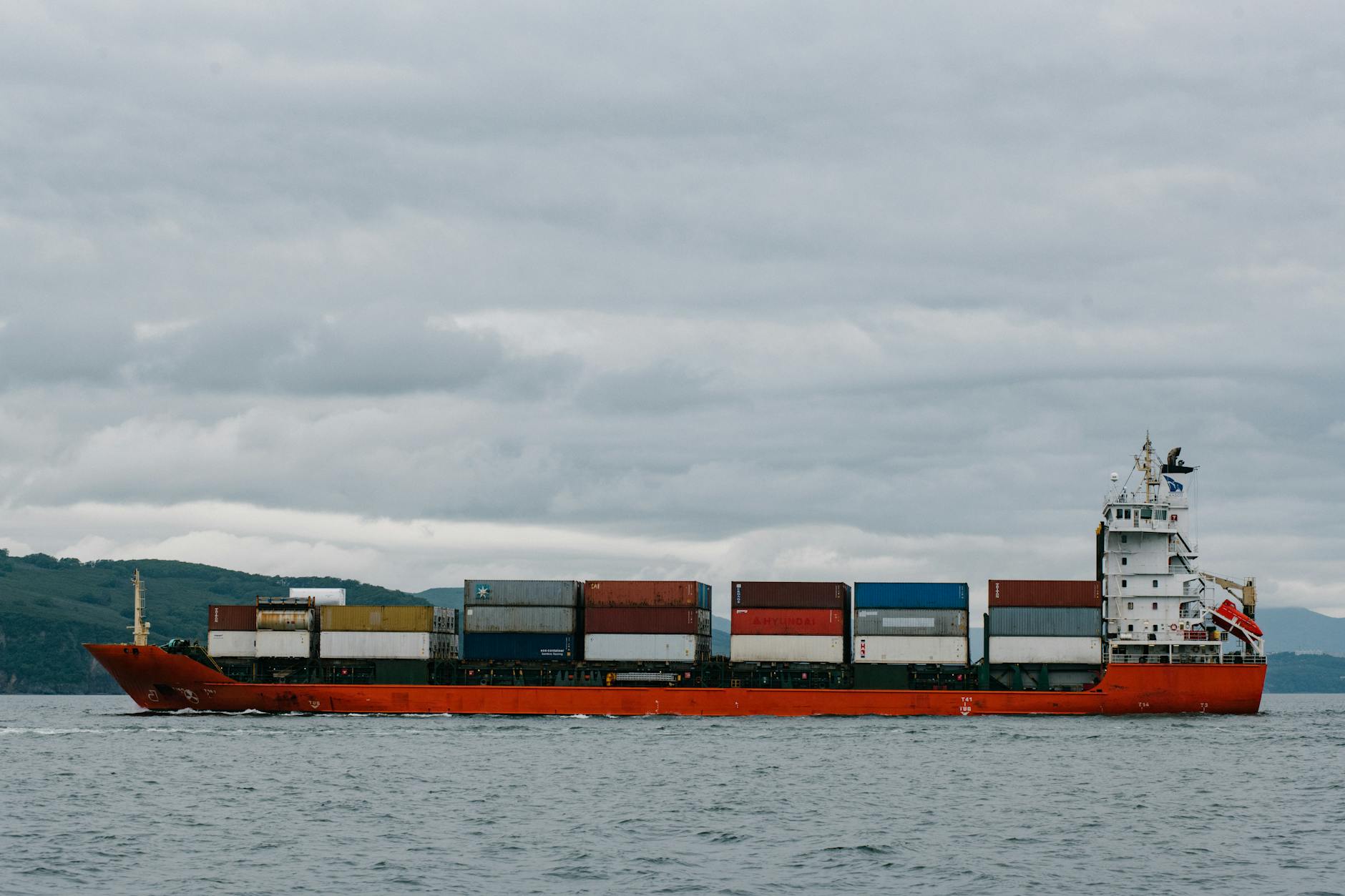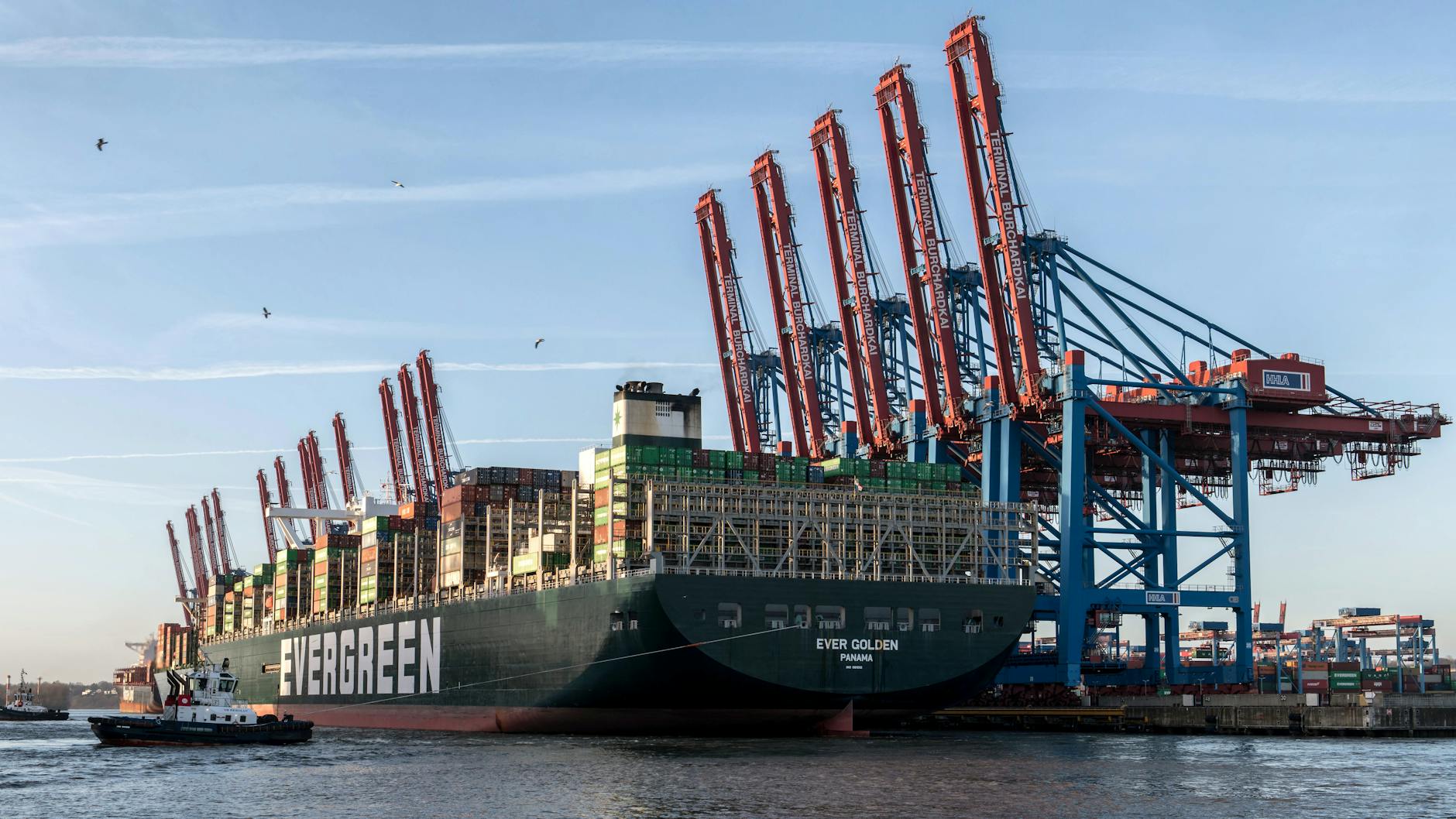Is Australia Leading the Way in Sustainable 3PL Practices?

Australia's 3PL Landscape
Growth of Sustainable 3PL
As Melbourne continues its rapid ascent as a logistics hub, the importance of sustainable third party logistics providers is becoming increasingly evident. Many startups, especially those rooted in eco-friendly ecommerce, are beginning to recognise the critical role that sustainable practices in 3PL can play in brand credibility and operational efficiency.
One driving force behind this growth is the bustling logistics hubs near Port Melbourne where innovative strategies in pick and pack systems are being trialled to reduce waste and energy consumption. Sustainable 3PLs not only offer traditional services but are also evolving to provide green solutions that align with the environmental values many companies, like new startups in Fitzroy, hold dear.
Key Factors Driving Change
In Australia, particularly around warehousing districts like Laverton North, the shift towards sustainable 3PLs is largely driven by consumer demands for greener operations. This is not only about reducing carbon footprints but also about enhancing efficiency. Businesses can now tap into advanced technologies that streamline operations without compromising sustainability. Key factors include:
- Increased consumer awareness and demand for eco-friendly practices.
- Regulatory pressures pushing for reduced emissions in logistics.
- Access to new technologies that optimise energy usage in order fulfilment.
These shifts indicate a promising direction for companies seeking to partner with logistics providers who prioritise environmental responsibility, making it essential to choose wisely in this evolving landscape.
Sustainable Innovations
Eco-Friendly Warehousing
In today's logistics landscape, eco-friendly warehousing sydney offers a remarkable opportunity to incorporate sustainability into your business operations. Innovations such as renewable energy-powered facilities have sparked significant interest, particularly in regions like Laverton North, where warehousing districts explore solar panel installations for reduced carbon footprints. Emphasising energy efficiency and adapting green infrastructure can significantly lower operational costs.
Green Transportation Solutions
Sustainability efforts extend beyond the warehouse door. Embracing 3pl logistics providers that leverage green transportation solutions can lead to substantial environmental benefits. Electric vehicles (EVs) and bio-fueled trucks are becoming more prevalent, reducing emissions without compromising efficiency. These sustainable options are paving a new path for logistics in cities like Port Melbourne, where the focus is on smarter, cleaner transit alternatives that support eco-friendly values.
Technology in Sustainability
Technology plays a crucial role in promoting sustainability within logistics. Advanced warehouse management systems utilise data analytics for optimising order fulfilment, reducing waste and unnecessary energy use. By incorporating cutting-edge solutions, logistics professionals can streamline operations while keeping environmental impact top of mind. These digital advancements not only foster sustainability but also contribute significantly to cost savings and increased efficiency.
The shift toward sustainable practices in logistics is not merely a trend but an essential transformation. As businesses harness eco-friendly warehousing, green transportation, and innovative technologies, they align better with both environmental and economic goals.
Success in Eco-Conscious Logistics
Leading Eco-Conscious Providers
In Melbourne, various logistics providers are setting benchmarks in sustainability. A prominent example is a 3PL company that operates near the vibrant tech meetup spots in Fitzroy. This provider has integrated sustainable practices into its operations, showcasing how eco-friendly logistics can enhance ecommerce logistics. By using energy-efficient technologies and commitment to renewable energy sources, this provider demonstrates that eco-conscious logistics are not only possible but beneficial for business.
Impact on Supply Chain Efficiency
Integrating sustainable practices into logistics leads to a more streamlined and effective supply chain. By incorporating pick packing methods that minimize material waste and utilising smart inventory management, these practices contribute to reducing costs and improving operational efficiency. Recent developments in Melbourne's logistics scene, particularly in warehousing districts like Laverton North, reveal that focusing on sustainability enhances order accuracy and delivery speed, even while cutting down resource consumption.
Lessons from Australian Companies
Australian companies excel in marrying sustainability with efficiency in logistics. Their experiences indicate that early investment in green technology and practices pays off through operational savings and customer loyalty. Leveraging initiatives such as recycling programs and low-emission transportation options aligns logistics operations with broader societal values. Adapting these measures not only meets consumer demand for ethical practices but also fortifies a company’s market position. These lessons highlight that forward-thinking businesses can thrive by prioritising the planet alongside profit.
My Experience with 3PL Providers
Finding the Right Partner
As I navigated the complexities of my start-up's logistics, finding a suitable 3pl provider was crucial. The Melbourne area, rich with logistics hubs, offers a myriad of options tailored to meet diverse needs. For me, it came down to identifying a partner who combines efficiency with sustainability, as these values are at the core of my business philosophy. Diving into the local logistics scene around Port Melbourne, I discovered providers with expertise in sustainable practices crucial for my eco-friendly brand.
Evaluating Sustainability Practices
When evaluating potential partnerships, sustainability practices took precedence. While functionality and cost are evident metrics, it's the green initiatives that differentiate a standard service from one that aligns with my values. Providers which boast energy-efficient 3pl warehouse sydney setups or those integrating carbon-neutral delivery options catch my attention. Their commitment to reducing environmental footprints supports my brand's overall objectives, making them valuable partners in my mission-driven e-commerce venture.
Collaborating for Better Outcomes
The logistics field is dynamic, with constant innovations offering new ways to streamline processes while being environmentally responsible. In partnership with a 3PL, collaboration is key to achieving shared goals. Engaging with a provider who understands the nuances of a sustainable supply chain opens up opportunities for customised solutions that cater to specific business needs. In discussions with partners based near the warehousing districts of Laverton North, I've learnt that open communication and an eagerness to innovate are instrumental in crafting logistics strategies beneficial for all parties involved.
Overcoming Sustainable 3PL Challenges
Navigating Common Pitfalls
In my experience working with third-party logistics (3PL) providers in the bustling locale of Port Melbourne, a common pitfall is underestimating the complexity of integrating sustainability into day-to-day operations. While there is an increasing demand for eco-friendly practices, many startups struggle with the initial implementation of sustainable measures without adequate planning and resources. This often results in half-baked solutions that don't quite hit the mark. To effectively navigate these challenges, it is critical for companies to conduct comprehensive assessments and plan thoroughly before transitioning to sustainable logistics.
Balancing Cost and Environmental Goals
One of the most significant challenges professionals face is achieving the delicate balance between minimizing costs and prioritizing sustainability. Especially when operating out of warehousing hotbeds like Laverton North, where cost efficiency is crucial, companies can find it daunting to invest in green initiatives. A strategic approach would involve leveraging government incentives and grants that support green innovation. Additionally, piloting smaller eco-friendly projects and gradually scaling up can demonstrate cost savings and environmental benefits over time, thereby justifying further investment.
Innovative Strategies to Overcome Obstacles
To overcome these hurdles, I suggest embracing technological advancements as the cornerstone of sustainable logistics. In Fitzroy, the heart of Melbourne's tech innovation scene, collaborating with tech startups can pave the way for smart solutions, such as AI-powered route optimization and energy-efficient warehouse management systems. These innovations not only enhance operational sustainability but also provide a competitive edge. As logistics professionals, keeping an open dialogue and sharing best practices within the community can also lead to collective growth and improvement in sustainable 3PL operations.


